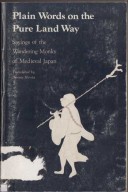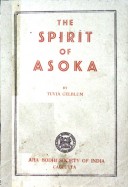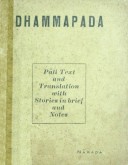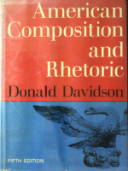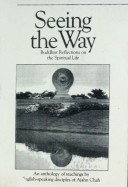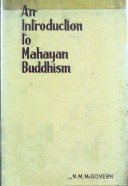Tìm Sách
Sách tiếng Anh-English >> Plain Words on the Pure Land Way
Thông tin tra cứu
- Tên sách : Plain Words on the Pure Land Way
- Tác giả : Ichigon Hodan
- Dịch giả : Dennis Hirota
- Ngôn ngữ : Anh
- Số trang : 120
- Nhà xuất bản : Ryukoku University
- Năm xuất bản : 1989
- Phân loại : Sách tiếng Anh-English
- MCB : 12010000005217
- OPAC :
- Tóm tắt :
PLAIN WORDS ON THE
PURE LAND WAY
Sayings of the wandering monks
Of medieval japan
A Translation of Ichigon Hòdan
By Dennis Hirota
Ryukoku University
Kyoto
CONTENTS
Introduction
Plain words on the pure land way
Appendices
Words on the Dharma in one page
Biographical notes
Bibliography
Japanese texts
Index
Introduction
Collected here are the words of recluses and wanderers – men in search of path to Buddhahood amid ashes of war and great turbulence in their society. Abandoning worldly ambitions, they joined a tradition of fugitives and outsiders. Often unsanctioned by establised temples and unrecognized by the state, they depended for guidance not on scriptural texts and the old scholasticism, but on predecessors who, like themselves, were impelled above all by the fervor of their quest. Legends of forerunners and words of companions lit their way; to such plain counsed as gathered here – on aspiration and practice, provisions and shelter, sickness and death – they turned for advice in their day-to-day hardships, for the tuning of nerve, and for all they needed to know of the compassionate power of the Dharma.
The path these men tread opened forth from the pure land teaching, which is often regardes as “popular Buddhism”, devotional activity accommodated to the common people. For four centuries after its introduction into japan, however, it remained the province of monks performing rites in official temples and the court nbitity seeking peace for the dead. When it finally developed its potential as an effective form of Màhàyana Buddhism in the Kamakura period (1185-1333), it did so in intimate relation with these wandering monks, who rejected any use of Buddhism for temporal ends and insisted on genuine aspiration for enlightenment.
 Facebook
Facebook
 Google
Google
 Google+
Google+
